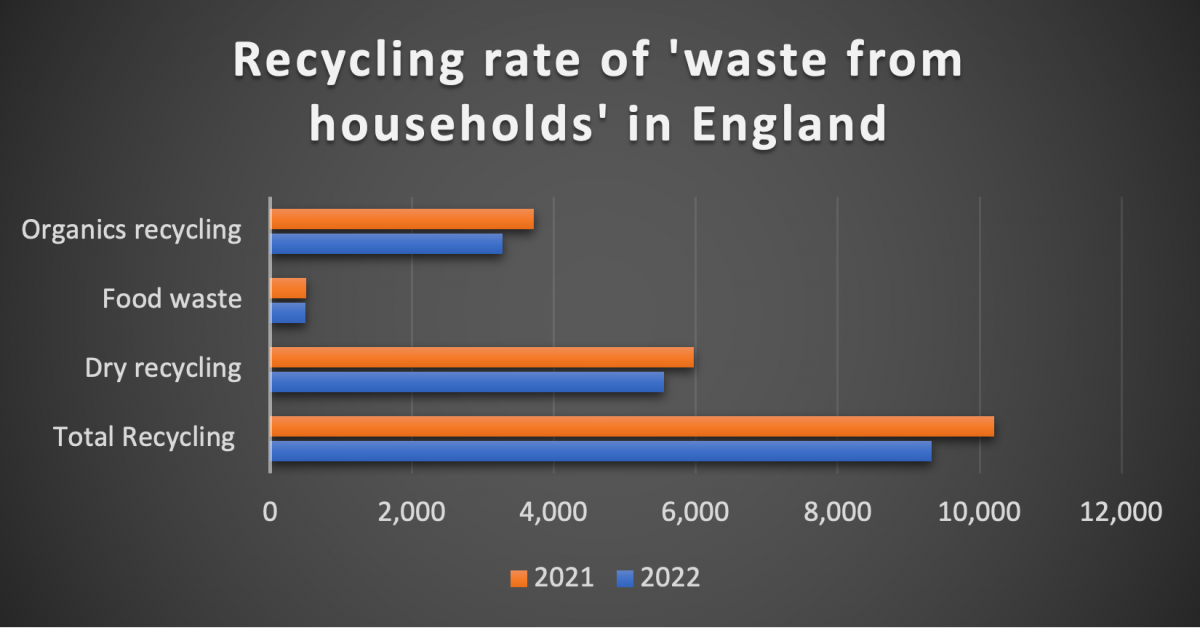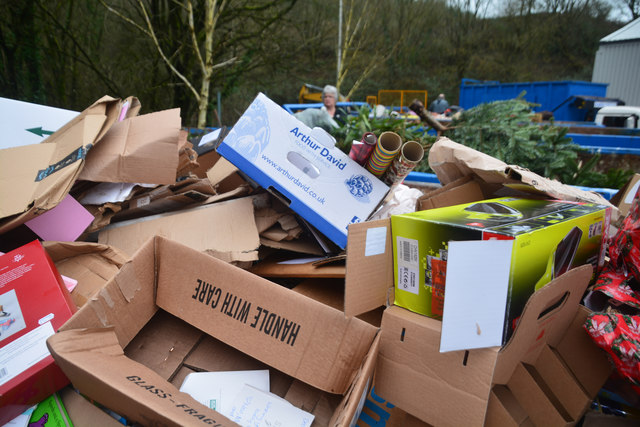The Department for Environment, Food and Rural Affairs (DEFRA) released the annual results for local authority collected waste management at the beginning of this month and the data showed a decrease in recycling in the UK.
Every year on March 18 individuals, organisations and governments come together to raise awareness of the importance of recycling and the effects it can have on climate change.
The Global Recycling Foundation (GRF) website has highlighted important facts surrounding plastic pollution and said that recycling is considered earth’s seventh natural resource.
GRF said the benefit of recycling is that it is unlimited, unlike other important resources such as water, oil, or natural gases, which are quickly depleting.
DEFRA defines recycling as: “Any recovery operation by which waste materials are reprocessed into products, materials or substances whether for the original or other purposes.”
The data collected from DEFRA on waste management in the UK for 2022/2023 showed an 8.6% decrease in waste sent for recycling and a decreasing recycling rate of 0.7% in England.
Additionally, the report showed the amount of dry material recycled decreased by 7.1%, organic materials sent for recycling decreased by 12% and food waste sent for recycling decreased by 2.6%.

Dry recycling includes paper and card, glass, plastic, waste electrical and electronic equipment and scrap metals and organic waste includes garden waste, food waste, wood for composting and other compostable waste.
The data showed the total residual waste in the UK was 55.8% in 2021 and in 56.5% in 2022. This is made up of rejects from recycling, bulky waste and regular collections.
Plastic pollution is predicted to rise by 750 million tonnes by 2050 if individuals do not start to implement daily recycling habits, according GRF.
WRAP, a non-government organisation working to tackle the climate crisis, conducted a survey that found a significant amount of people have reported confusion on what can or can’t be recycled.
According to the WRAP Recycling Tracker survey, nearly 2 in 5 people express uncertainty about how to correctly dispose one or more items.
Nearly half of UK households dispose of one of more items in the residual waste bin that could be collected for recycling.
The survey concluded that lack of knowledge is a key barrier to recycling.
The Global Recycling Foundation recommends recycling packaging material, electronics, and making sure the items being recycled are clean, dry and in the proper recycling box.
For more information on how to correctly recycle in your local area check the Waste and Recycling page on Kingston Council website.






